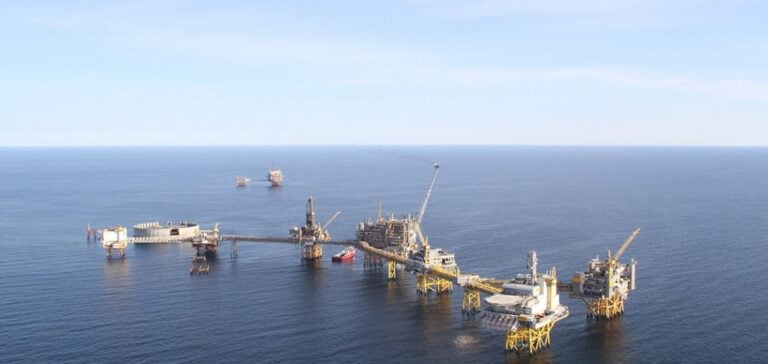Libya’s energy market revitalized, with three international oil companies resuming field operations. According to the Libyan National Oil Company (NOC), they have announced their return to Libya, after a decade’s absence.
Libyan energy market revitalized as international oil companies lift force majeure
The NOC has been “notified by the Italian (company) Eni and the British (company) British Petroleum of the lifting of the force majeure, the resumption of exploration and the fulfillment of their contractual obligations on the blocks allocated to them in the Ghadames Basin (A-B) and offshore C”, according to the press release.
The NOC also said it had received a similar notification from Algerian state-owned hydrocarbon giant Sonatrach “for blocks 065 and 96/95”. The Ghadames Basin is located in southwest Libya, an area rich in hydrocarbons (oil and gas) on the border with Algeria and Tunisia.
In December, the NOC had asked foreign companies to lift the force majeure on oil agreements, citing improved security.
The “state of force majeure” allows for an exemption from liability in the event of non-compliance with contractual obligations in Libya. This is an exceptional measure.
Libyan oil production reaches 1.2 million barrels per day, sign of a revitalized energy sector
For the past decade, Libya has been plagued by violent clashes between East and West. These conflicts have disrupted oilfield operations and transport, causing major financial losses.
Oil production has rebounded to 1.2 million barrels per day, most of which is exported. Since the fall of Gaddafi in 2011, rival factions and foreign interference have torn apart Libya, with its abundant reserves.
Two governments are vying for power, one based in Tripoli and recognized by the UN, the other backed by Parliament and the camp of Khalifa Haftar, the strongman of the east.






















